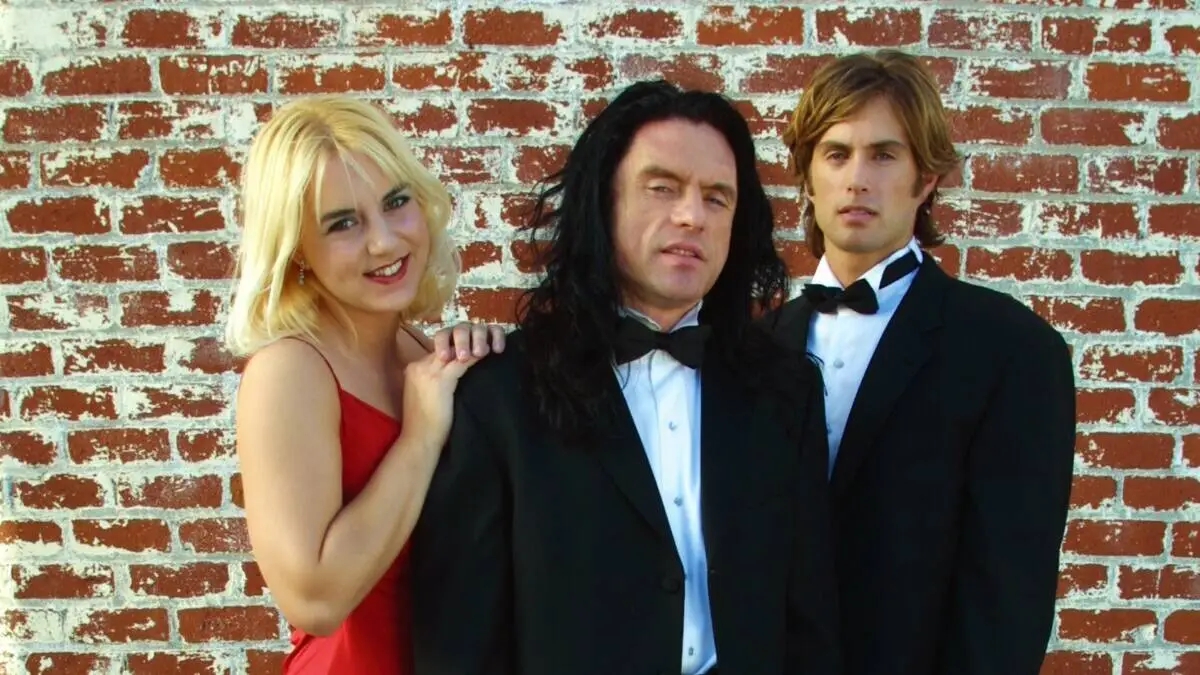Imagine being a 17-year-old secretary in Liverpool, you’re invited to watch a new local band, you immediately become a fan, and a short time later you are asked to be a secretary for the band themselves. Now imagine that band is The Beatles, and you have the story of Freda Kelly, and the premise of the new documentary film Good Ol’ Freda playing at the recently reopened Vic Theatre.
Good Ol’ Freda gives the audience a unique look into The Beatles as they develop from a small band to the point of Beatlemania and their eventual breakup. Freda Kelly, now a much older woman, sat down with director/producer Ryan White to tell her story for the first time in 50 years. Kelly, despite her unobstructed access to the Beatles as their employee for 11 years (one year longer than they were actually a band), did not profit from their fame, nor use her status as an advantage for herself.
Kelly is just now telling her story for her grandchild, and still lives a simple life as a secretary. Good Ol’ Freda would be a fascinating film for any Beatles fan, but the highlight of the film is Kelly herself. She is an affable storyteller, and as she repeats several times throughout the film, she herself was a fan of the Beatles, so she understood what all those fans saw in this band and how they felt.
The biggest portion of Kelly’s job with the Beatles was running their fan club and dealing with the masses of mail that arrived everyday. Kelly demonstrates her original naiveté in a particular moment, when she relays the story that when the fan club was starting out she used her own home address as the contact for fans. Needless to say, her father was not pleased with the masses of mail arriving, and the address was changed to the Beatles offices.
Kelly has not been changed by her experiences within the music industry; as she is asked if she had crushes on any of The Beatles, she is still the same shy, jovial girl she was back then. She cheerily replies that she had crushes on all of them, but it depended on what they did that day. If one were to ask about her pet, she would like them that day, if another were to ask her how she was doing, she would like them that day.
Kelly, whose mother died when she was young, gives an in-depth look at The Beatles’s parents and relatives. The parents themselves often treated Kelly as one of their own, some acting as surrogate mothers as she spent time at their homes having tea on what started out as business and ended in familiar relationships.
The fact that Kelly was at the centre of The Beatles gives an encompassing look into their world, and her fierce protection of them, with only revealing her story now, makes this a rare insight into The Beatles on many levels. This intriguing information is made even better when shared with the audience by the charming Kelly herself.






